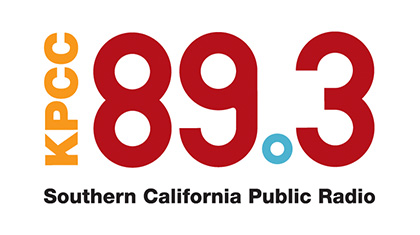
If you’ve ever visited a therapist, you’ve likely experienced this very moment: You spill your heart out, anxiously await a response, and your doc looks down—scribbling into a notebook or tapping away at an iPad.
You’re stuck: “What is he writing?!”
About 700 patients at Boston’s Beth Israel Deaconess Hospital—part of a preliminary study at the hospital—needn’t worry about that moment. They have full access to their clinician’s notes, either during the appointment or later through an online database, as cited in a recent New York Times article.
And while this may seem like a novel concept, Stephen F. O’Neill, L.I.C.S.W., J.D., social work manager for psychiatry and primary care at Beth Israel urges it’s not: “I’ve always had an open note policy. Patients have a right to their records, and a lot of us here [at Beth Israel] have practiced this transparently.”
That’s right: Access to your therapist’s notes is your right (note: laws vary state by state and if it would be harmful to you for any reason, the therapist is allowed to provide a summary). But many people don’t ask for them. And many clinicians shy away from sharing. “Unfortunately, most therapists have been trained to practice defensively,” O’Neill says. “In graduate school a professor once said, ‘There are two kinds of therapists: ones who have been sued and ones who haven’t.’”
Running the risk of offending or confusing a patient through handing over your notebook, then? That’s arguably risky business. And O’Neill admits that knowing you’re on the receiving end of his note does change the way he writes (changes mainly come in the form making sure you’ll understand his lingo, he says). But practically speaking, the benefits outweigh the risks, he says: “If we deliver bad news, we expect patients won’t remember more than 30 percent of what we say. With good news, we expect them to remember 70 percent. Either way, you’re missing information. If patients can go back and remember, that helps.”
Read the full article on the Shape website.



